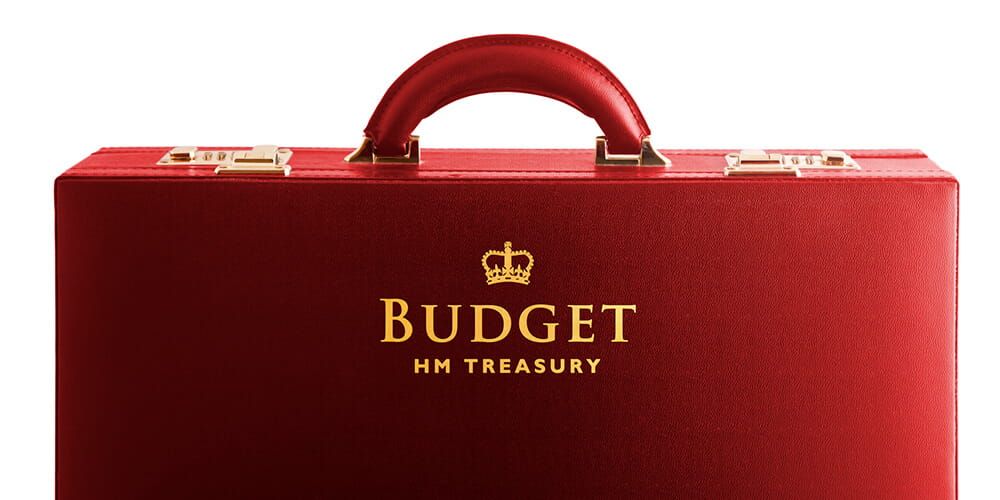Spring Statement 2025: What are the key points?
Community

On 26th March, Rachel Reeves, the Chancellor of the Exchequer, announced the Spring Statement for 2025. In her speech, she revealed changes that impact the UK’s economy ranging from welfare cuts to increased defence spending.
To help you get up to speed with the Statement, we’ve rounded up the key points.
How is the UK economy doing?
Here’s the latest economic snapshot:
- Growth adjusted to 1%: The Office for Budget Responsibility (OBR) has adjusted its growth prediction for this year to 1%, down from the previous 2%.
- Upgrade to growth forecast: The OBR says growth should pick up in the coming years. They’re estimating 1.9% growth for next year, 1.8% in 2027, then 1.7% in 2028, and back up to 1.8% in 2029.
- Inflation higher than forecast: The OBR is now forecasting inflation at an average of 3.2% this year. That’s a bit higher than the 2.6% they predicted in October 2024. However, inflation is expected to keep easing, with predictions dropping to 2.1% in 2026, and set to hit the Government’s 2% target from 2027 onwards.
- Economy to increase by 0.2% by 2030: The OBR thinks the Government’s changes to England’s planning system could give the economy a small boost, increasing its size by 0.2% by 2030.
Welfare
Universal Credit changes
- Health-related Universal Credit changes: Health-related universal credit for new claimants, which was already due to be halved from April 2026 under a previously announced package, will also now be frozen in cash terms until 2030.
- Universal Credit standard allowance: The standard allowance for universal credit will rise to £106 per week by 2029–30.
- Existing claimants: For existing claimants, health-related payments will be frozen in cash terms until 2030.
Personal Independence Payment (PIP) changes
- Stricter eligibility tests: There will be a stricter eligibility test for PIP, the main disability benefit, from November 2026.
Incapacity benefit changes Existing claimants: Incapacity benefits to be frozen in cash terms for existing claimants at £97 per week from April next year, with a top-up payment for those with the most severe conditions. Under 22s: Those aged under 22 will no longer be able to claim the incapacity benefit top-up of universal credit.
Defence spending and overseas aid
- Defence spending to be boosted: Defence spending, previously due to rise by £2.9bn next year, will get a further £2.2bn increase. This will take military expenditure to 2.36% of national income next year.
- Overseas aid to be reduced: Increased defence spending will be funded by reducing overseas aid from 0.5% to 0.3% of gross national income in 2027, as well as using the Treasury’s reserves.
Taxes
- No new tax hikes: The Chancellor announced that the statement doesn’t include any further tax increases.
- Cracking down on tax evasion: The Chancellor announced plans to crack down on tax evasion, aiming to increase the number of tax fraudsters charged each year by 20%. Reducing tax evasion could raise an extra £1bn for the economy.
Government spending
- Departmental budgets to be cut: The aim is to make the state “leaner and more agile” with a reduction of 15% in costs of running the Government.
- Civil service changes: A voluntary redundancy scheme is set to launch for civil servants, cutting the workforce by 15% and saving £2bn by the end of the decade.
- Savings target: These changes are expected to deliver £3.5bn in “day-to-day savings by 2029-30”.
- Government spending growth: Government spending will now grow by an average of 1.2% a year above inflation, compared with 1.3% in the autumn.
Housing
- Plans for a house building boost: Planning reforms are expected to lead to house building reaching a more than 40-year high by 2030.
- OBR forecast housing boost: The OBR has forecast that the Government’s reforms will boost house building by 170,000 over the next five years, to 305,000.
- Overall housing stock increase: This could put the Government on track to add around 1.3 million to Britain’s stock of homes in the UK, a rise of 16%, by the end of Parliament.However, reforms will only increase the overall housing stock by 0.5% by the end of 2030, falling short of the Government’s initial pledge to build 1.5 million houses.
Looking for more detail? The full Spring Statement 2025 and supporting documents are available on the UK Government website.
